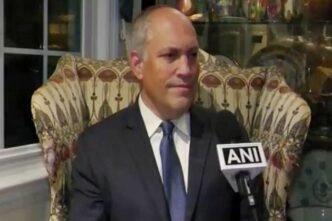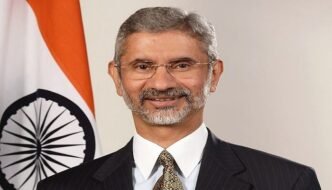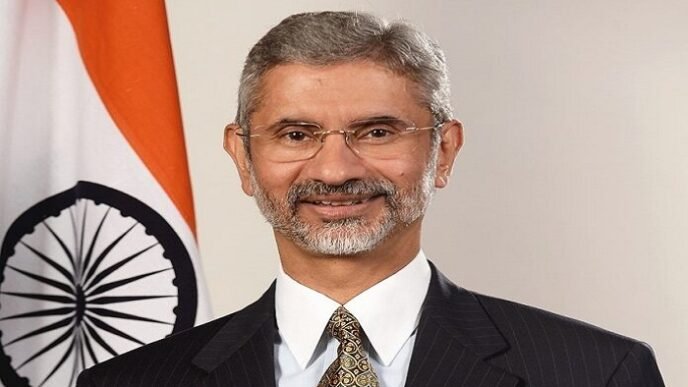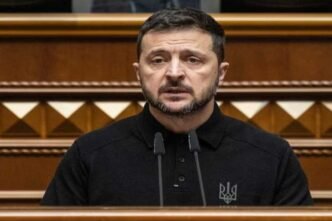Washington DC [US], October 16 (ANI): Michael Rubin, a senior fellow at the American Enterprise Institute and director of policy analysis at the Middle East Forum, has argued that the Khalistani movement presents an existentialist threat to the US and Canada.
In an editorial piece ‘Khalistani Extremism: A Growing Threat in the US and Canada’ in US based National Security Journal, Rubin noted that the activities of Khalistani elements cannot be ignored.
“While Khalistani terrorism and gang violence has made headlines in Canada, with Prime Minister Justin Trudeau accusing India–apparently falsely–of assassinating a Sikh extremist and wanted terrorist on Canadian soil, Khalistan extremism has become an increasing problem in America as Khalistan activists use false asylum claims and chain immigration to build large communities in California and New York,” he wrote in his column.
“Americans remember with outrage Iranian students seizing the U.S. embassy in Tehran or Libyan militants attacking the U.S. consulate in Benghazi, but few realize that Khalistani militants have twice attacked India’s consulate in San Francisco. Likewise, the national media rightly describes Islamist attacks on American synagogues to be hate crimes, but remain too silent when Khalistani extremists vandalize Hindu temples from Melville, New York to Sacramento, California,” he added.
Ruben further argued that Khalistani activists have hijacked local institutions and are spreading a culture of violence.
“The White House and State Department cannot control the absurdity of some college campuses, but they need not fall into the same trap. Not every cause has legitimacy, but the embrace of some promises more violence. As Khalistani activists expand through Canada and the United States, they hijack local institutions and acculturate a new generation to violence,” he wrote.
“Three decades ago, counter-terror analysts laughed off the concept of Al Qaeda to America’s peril. Today, the same is happening with the Khalistan movement. Then, Muslim Brotherhood-run umbrella organizations like the Council on American Islamic Relations or the Islamic Society of North America labeled any criticism of Islamic extremism “Islamophobic.” Today, Khalistani militant organizations lob the same accusations of religious bias against those who would call out Sikh militancy,” he added.
“The United States should not fall for such traps. Extremism in any form and deriving from any religion can pose a danger, but Khalistani extremism, with its Pakistani backing, poses a grave and growing threat. Many Americans may never have heard of Khalistan, but American permissiveness to its militants increasingly could cost American lives,” he further argued.
Earlier, when speaking to ANI the former Pentagon official said that Canadian Prime Minister Justin Trudeau had made a huge mistake by alleging that India had links with the killing of Khalistan terrorist Hardeep Singh Nijjar and said that the premier has not been able to back his allegations.
“Prime Minister Trudeau I think has made a huge mistake. He has made allegations in a manner which he hasn’t been able to back. Either he was shooting from the hip and he doesn’t have the evidence to support the accusations he made against the government. There is something there, in which case he needs to explain why this government was sheltering a terrorist,” the former Pentagon official said.
“Perhaps Prime Minister Trudeau raised the issue, but there wasn’t necessarily consensus on what he meant. And regardless, let’s not fool ourselves, Nijjar was not simply a plumber, any more than Osama bin Laden was a construction engineer. He had blood on his hands from multiple attacks,” Reuben added.
Notably, the ties between India and Canada soured after Canadian Prime Minister Justin Trudeau, in a parliament address last year, claimed that he has “credible allegations” of India’s hand in the killing of Khalistani terrorist Hardeep Singh Nijjar, who was shot in Surrey in June last year.
Earlier on Monday, India had “strongly” rejected a diplomatic communication from Canada suggesting that the Indian High Commissioner and other diplomats were “persons of interest” in an investigation and termed it as “preposterous imputations” and part of the political agenda of the Justin Trudeau government.
India on Monday expelled six Canadian diplomats’ hours after it summoned Canada’s Charge d’Affaires Stewart Wheeler and conveyed that the “baseless targeting” of the Indian High Commissioner and other diplomats and officials in Canada was completely unacceptable. This move came after Canada expelled six Indian diplomats alleging they were part of an Indian government “campaign of violence.”In a hard-hitting statement, India said Prime Minister Trudeau’s hostility to India has long been in evidence and his government has consciously provided space to violent extremists and terrorists “to harass, threaten and intimidate Indian diplomats and community leaders in Canada. (ANI)












